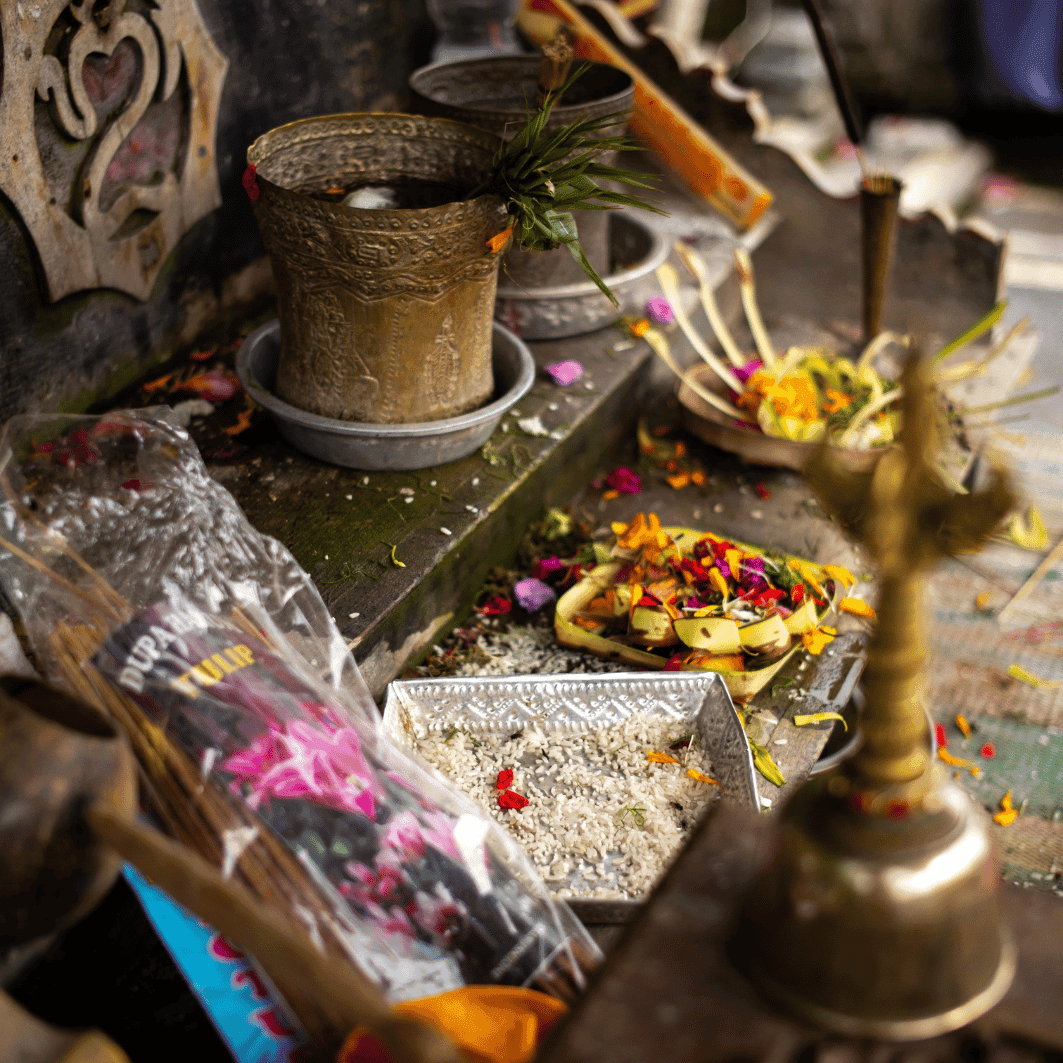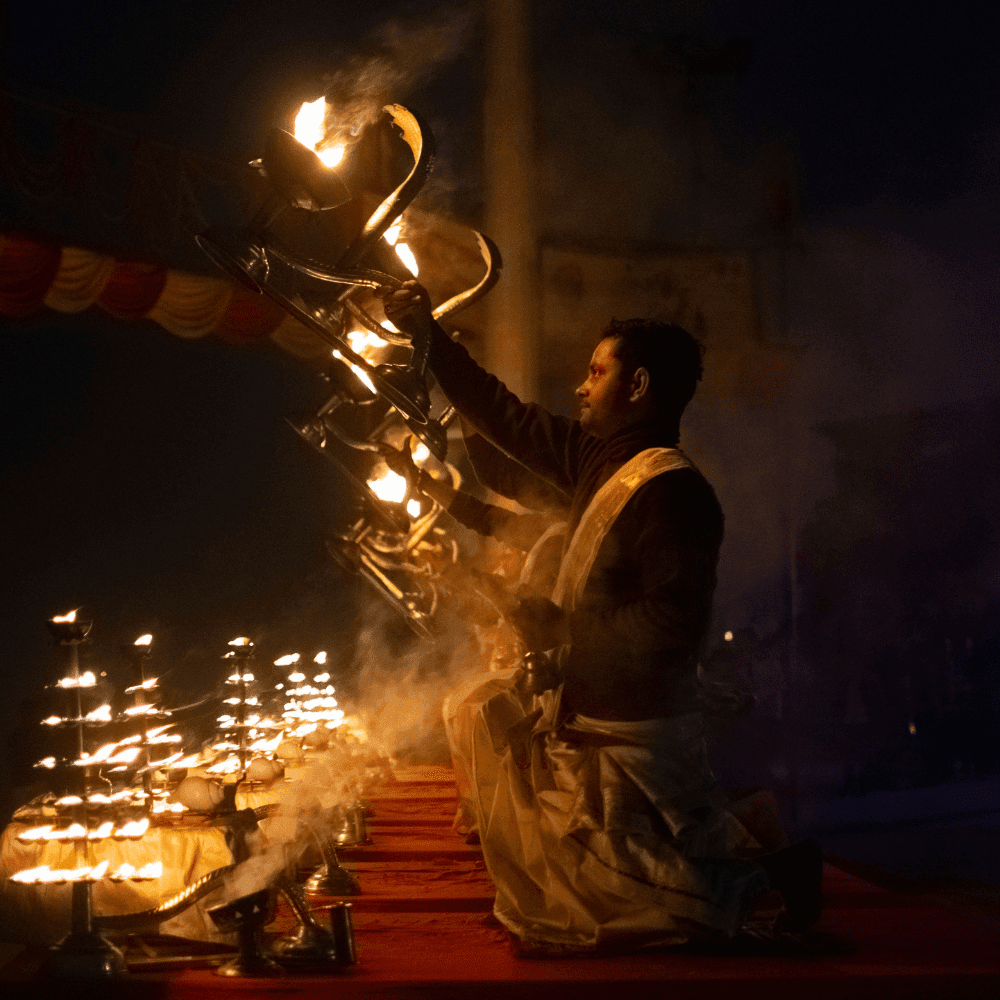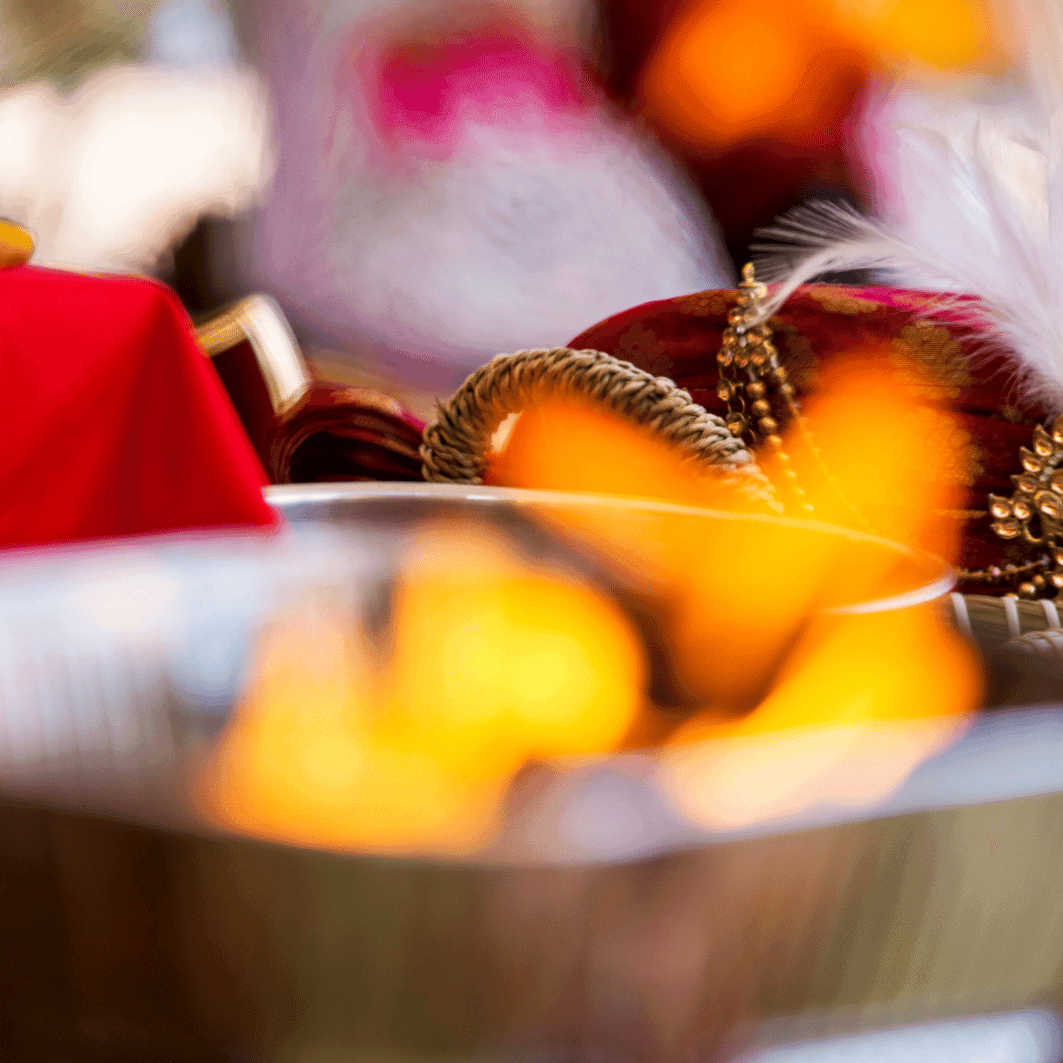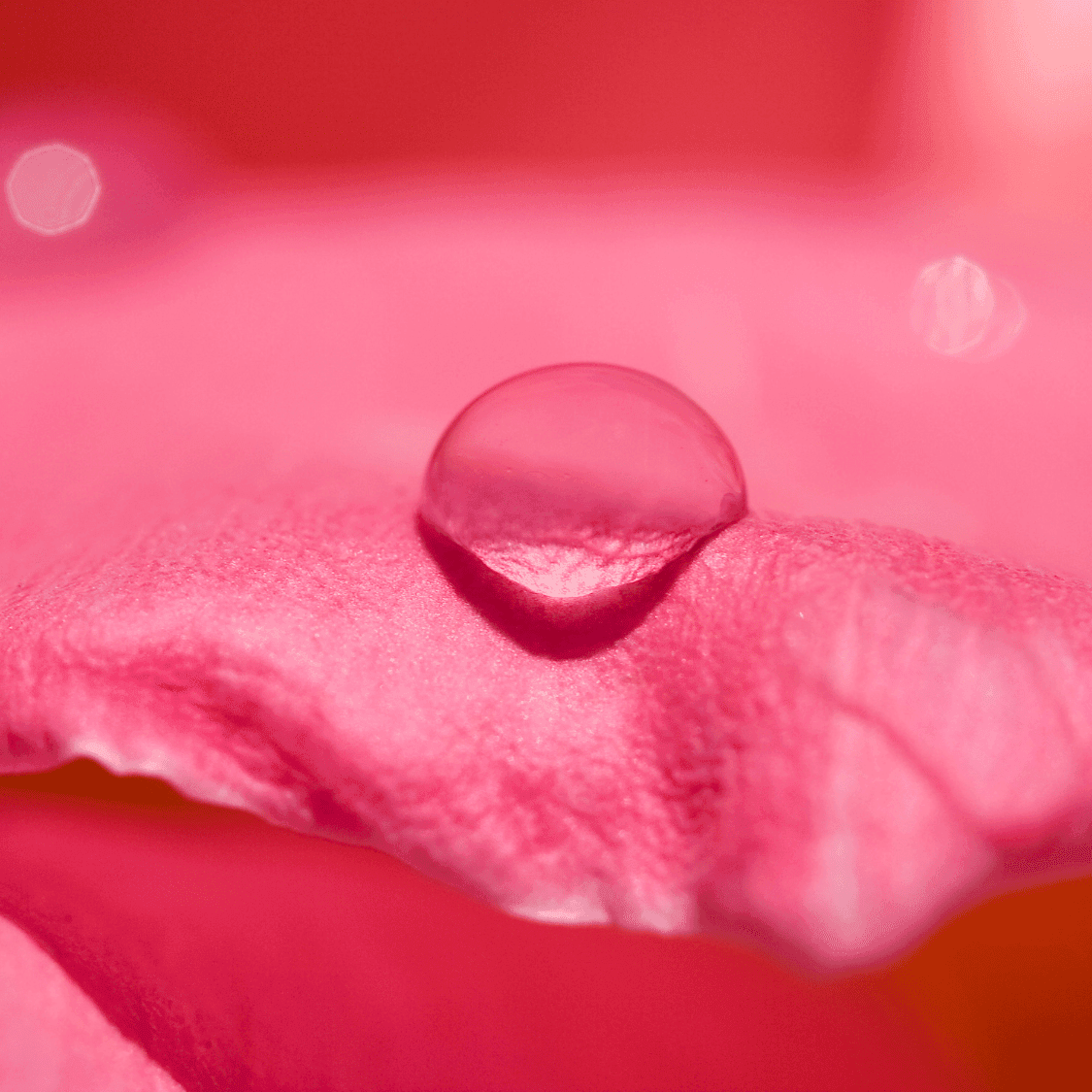There was a time when beauty was more than routine—it was ritual. A whispered tradition, passed from mother to daughter, carefully guarded like a sacred treasure. Persian queens and poets understood that true radiance was not found in haste but in harmony, a reflection of their deep connection to the natural world.
Long before modern skincare, before serums and mass-produced elixirs, Persian women draped their skin in silk soaked in botanical infusions, letting time and nature do the work. The Persian Silk Ritual was their secret—a practice of overnight transformation that disappeared with time, lost in the rush of modernity. But the past has a way of calling us back. This ritual, once forgotten, is now ready to be rediscovered.

silk rituals
The Ingredients: A Legacy of Earth and Time
Every element in this ritual is more than a beauty ingredient; it is a piece of history, a fragment of an ancient world that understood the art of patience, balance, and self-care.
Rose Water – The Elixir of Queens
In the fragrant gardens of Persia, where roses bloomed under golden sunrises, their petals were hand-distilled, drop by precious drop. This was no ordinary floral water. Rose water was believed to capture not just scent, but soul—a potion to soften skin, calm the heart, and leave a lingering trace of elegance.
Saffron – The Golden Thread of Beauty
The rarest spice on Earth, more valuable than gold, saffron was the mark of prosperity and purity. Infused into skin treatments, it worked like the Persian dawn—gradual yet transformative, bringing a soft, unmistakable glow to the complexion.
Almond Oil & Silk – The Guardians of Youth
From trees that had stood for centuries, Persian women extracted almond oil, a symbol of nourishment and healing. When blended with silk—an emblem of Persian luxury—the two created a shield against time, sealing in moisture and ensuring skin remained as smooth as moonlight over the Caspian Sea.
These were not mere ingredients. They were wisdom, passed down through time, whispering of a world where beauty was unrushed, unforced, and deeply rooted in nature’s rhythm.

rituals
The Persian Silk Mask: A Ritual Worth Reviving
This is not a fleeting beauty trend. It is a return to an era when self-care was sacred, slow, and intentional.
Step 1: Boil organic Persian rose petals and saffron threads into a golden infusion. Inhale deeply—let the scent transport you to a time when beauty rituals were a form of storytelling.
Step 2: Take a piece of pure silk, allowing it to soak in the botanical essence, just as Persian women once did before evenings of poetry and song.
Step 3: Place the silk mask gently over your face and sleep beneath its embrace. As it works overnight, imagine the Persian queens, courtesans, and dreamers who did the same beneath a starlit desert sky.
The next morning, when you lift the silk away, your skin will remember. Soft, luminous, and restored—like stepping back into an era where beauty was an art form.

silk rituals
When Science Meets Tradition
What the Persian women knew instinctively, modern dermatology is only beginning to validate.
Silk proteins, particularly sericin, deeply hydrate and strengthen the skin’s barrier.
Rose water and saffron reduce inflammation, brighten skin, and enhance radiance.
Luxury brands like La Mer and Guerlain are now incorporating silk into skincare, but nothing rivals the purity of this ritual—where beauty is not bottled but experienced, where tradition is the ultimate luxury.

Rose water